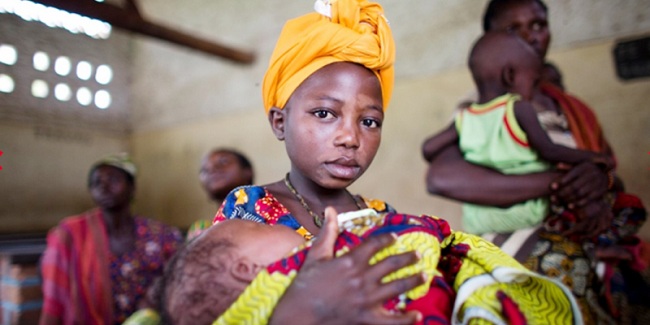A public health expert, Dr Olubukola Omobowale, has described child marriage as the next public health issue that all stakeholders must collectively tackle in the country.
Omobowale spoke at the stakeholders’ dissemination of the findings of the Ending Child Marriage in Nigeria Through Community-Led Media Series (ENCASE) project, conducted by researchers at the College of Medicine and McGill University, Canada, in Ibadan.
Omobowale, also the project lead, stated that child marriage is the next public health issue because its implications transcend just the child.
According to her, it affects communities, constitutes a violation of human rights and requires a multi-professional approach while taking along the community members themselves.
Quoting UNICEF, she noted that Nigeria is home to the largest number of child brides, with over 23 million young married girls, a situation that was further worsened by the COVID-19 pandemic, insurgency, high inflation rate, insecurity, and financial problems in the country.
She added that child marriage is more prevalent in northern states, where the Child Rights Act is not domesticated, even as the expert noted that cases also occur among other ethnic groups like the Yorubas and the Igbos.
“Child marriage is largely driven by culture, ethnicity, religion, and poverty, coupled with insurgency and insecurity. If we are going to stop it, then we have to consider cost-effective interventions that will not just look at child marriage but also address the root causes.
“The project, ENCASE, is a control intervention with the aim of changing the attitude of older adults towards child marriage in south-western Nigeria. We used a co-produced mini-drama series, BURINA that aired over a period of 13 weeks on popular radios to talk about the harm and consequences of child marriage.
“Interventions in the past targeting the girls, such as the cash transfer to girls and awareness programmes telling girls about their rights, did not do much. The prevalence of child marriage continues to grow, thus the project to target the decision makers to change their perceptions on child marriage,” Omobolanle stressed.
The provost of the Ibadan College of Medicine, Professor Olayinka Omigbodun, earlier stated that from research, child brides by the time they are menopausal, would have gone through about seven relationships, on average, leaving children behind in each of these relationships.
Omogbodun also linked child marriage to the Alhamajis, saying that most children are separated from their mothers as early as two years old, and that research found that they are also involved in the use of hard drugs.
“The onus is on us all to rise up and make a difference; child marriage is wrong. Child marriage has so many difficulties. Studies also show that an adolescent who is having a baby is five times more likely to die due to childbirth,” she added.
